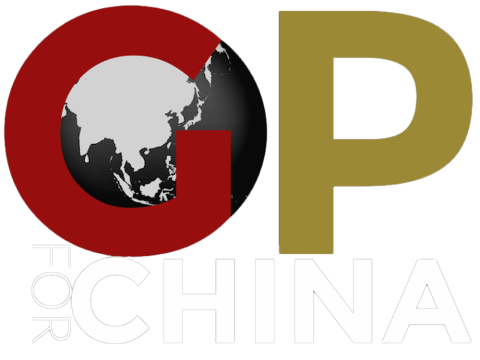The Chinese Communist Party’s War on Churches
China’s Christian population, comprised of Roman Catholics and non-denominational Protestants, is today suffering severe repression.
The current religious crackdown is demonstrably the harshest and most comprehensive experienced by the Chinese Church since Mao Zedong’s rule. Across China, both government-approved and underground churches are deeply impacted and may even be existentially threatened.
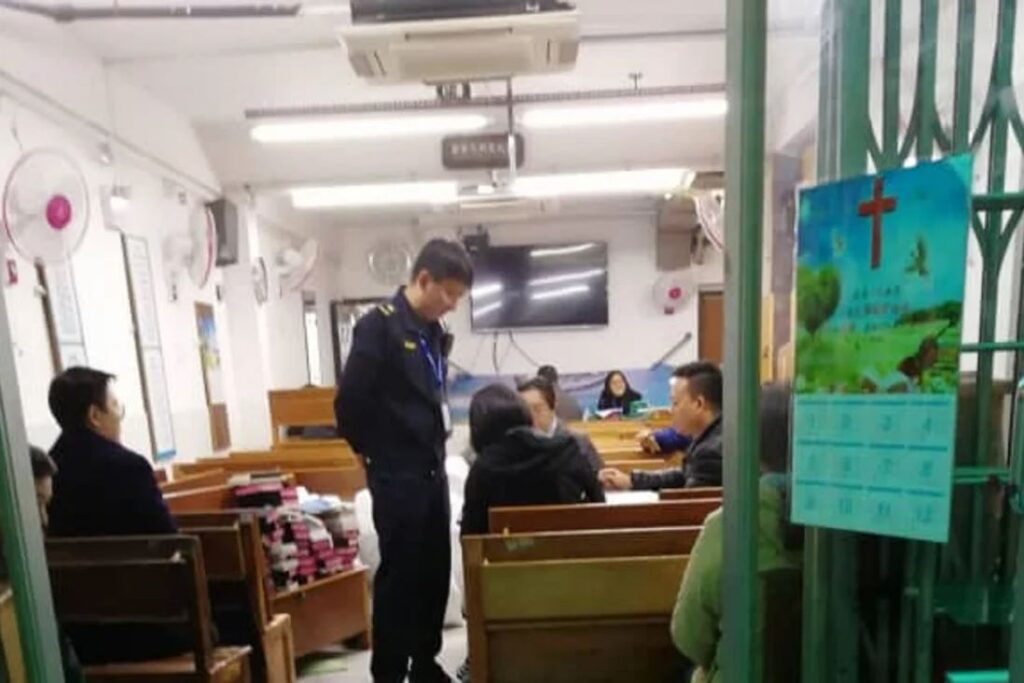
Recent decades marked explosive growth for the Chinese Church. While continuously under communist government strictures, Christianity, nevertheless, experienced an enthusiastic embrace by the Chinese people. Their numbers grew to up to ten percent of the total population, including 12 million Catholics and between 60 to 100 million Protestants. China was on a trajectory to having the world’s largest Church by 2030. But now, the Church faces new measures aimed to systematically stop the spread of the faith and diminish the numbers of Christians.
THE PATRIOTIC CHURCH
In 2018, under a directive of President Xi Jinping, the ruling Chinese Communist Party (CCP) began applying draconian regulations to tighten its control over Catholic and Protestant churches. So-called “Patriotic” churches, those registered with the government, are the only churches now tolerated in China. The CCP has total oversight over their religious leadership, doctrine, expression, and many other aspects of religious life.
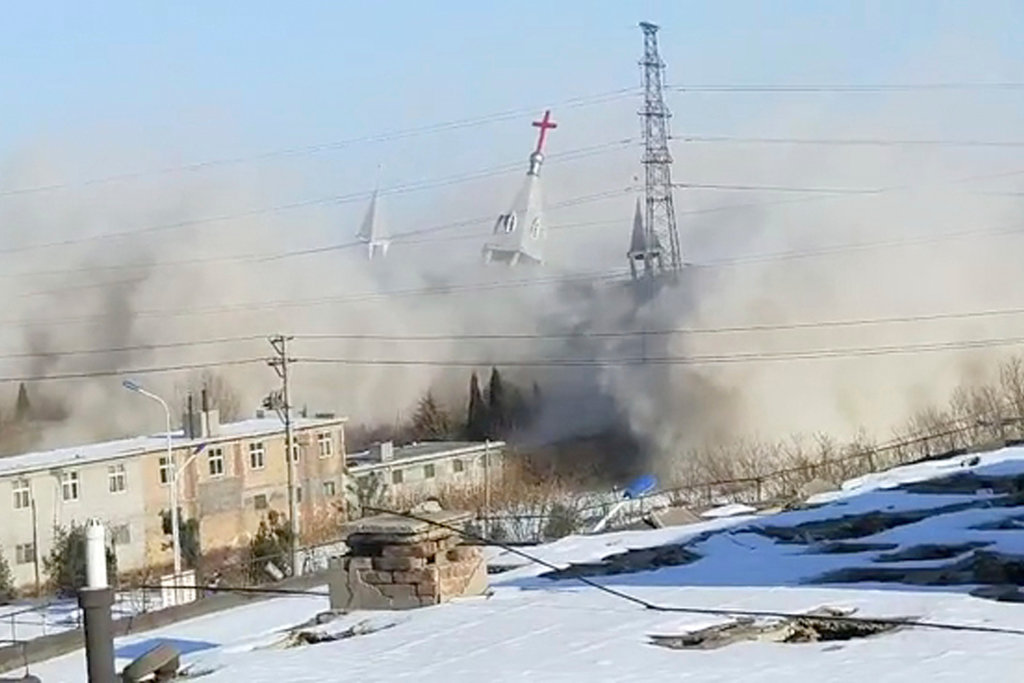
Christians who resist are penalized. Cardinal Joseph Zen of Hong Kong compares joining the Patriotic Church to being trapped in a “bird cage.”
Beijing’s new rules aggressively aim to meld Chinese Christianity with CCP orthodoxy under a policy of “Sinicization.” The Patriotic churches are being coopted to propagandize and spy on believers for the CCP. At the same time, knowledge of Christianity, including the Bible, is being sharply curtailed. The loss of Hong Kong’s sovereignty also deprives mainland churches of their traditional center for Christian learning.
Under the new rules, Patriotic Catholic and Protestant churches are required to “support the leadership of the Chinese Communist Party” and “the socialist system,” as well as to “practice the core values of socialism.” Sermons are to be based on President Xi’s sayings.
Young people under 18 years of age are banned from all Catholic and Protestant churches, receiving the sacraments, and Bible studies. Perpetuating the faith and attracting new religious vocations among the next generation will prove difficult.
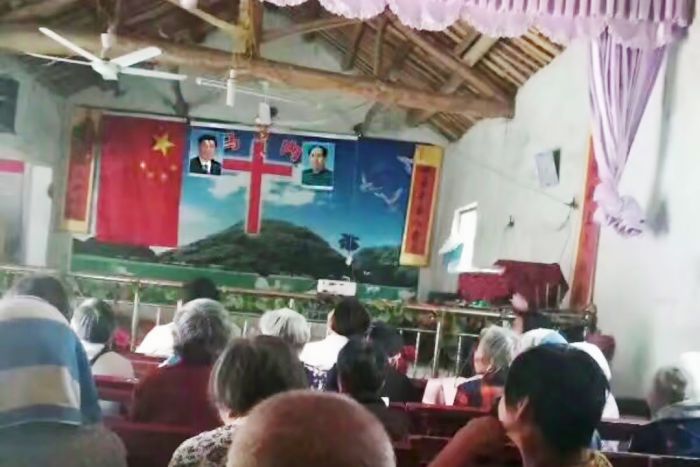
Inside churches, pictures of Jesus and Mary are being replaced with those of President Xi, while on the outside, crosses and other Christian symbols are ripped down. For example, the century old cross was removed from a Henan Catholic church on Easter Sunday, in 2020.
The Bible and other Christian texts are being censored from the Chinese Internet.
Unauthorized possession of bibles results in bible burnings. The CCP is currently retranslating and reinterpreting the Bible; it is expected to do so in ways that serve party goals, such as occurred in the retelling of John’s Gospel in a 2020 state textbook, which depicted the adulterous woman being stoned to death by Jesus.
New rules on the selection of Catholic bishops in China make no provision for any papal role in the process, in complete disregard for the recently renewed Sino-Vatican agreement of 2018. Bishops, who are essential to the life of the Catholic Church, are needed to fill dozens of vacant diocesan posts throughout China.
Pervasive high-tech surveillance through facial recognition cameras and special apps built into personal computers and cell phones ensure rigorous enforcement of the new rules. Regulations effective from May 2021 require Church registration to be tracked in a government database that lists the names of legal clergy and regulates their behavior through a system of “rewards” and “punishments.”
THE UNDERGROUND CHURCH
As Patriotic churches are increasingly used as an extension of the CCP, the future survival of Christianity in China will depend heavily on underground churches. Yet the CCP is rounding up underground Catholic bishops and priests and Protestant pastors and forcing them to submit to Patriotic Church oversight, quit their Christian ministries, or face punishment. The CCP’s widespread use of surveillance technology raises the question of whether faithful Christians will be able to escape notice in house churches and the deep underground, as they weathered past times of great persecution.
While the CCP will not be able to imprison scores of millions of underground Christians, the CCP can punish them and their families through computerized government credit score systems. Those caught praying without authorization can expect to be locked out of housing, utilities, jobs, schools, transportation, health services, grocery stores and social security. This form of control is already targeting Christian leaders and, while not as graphic as mass detentions, it is chillingly effective.
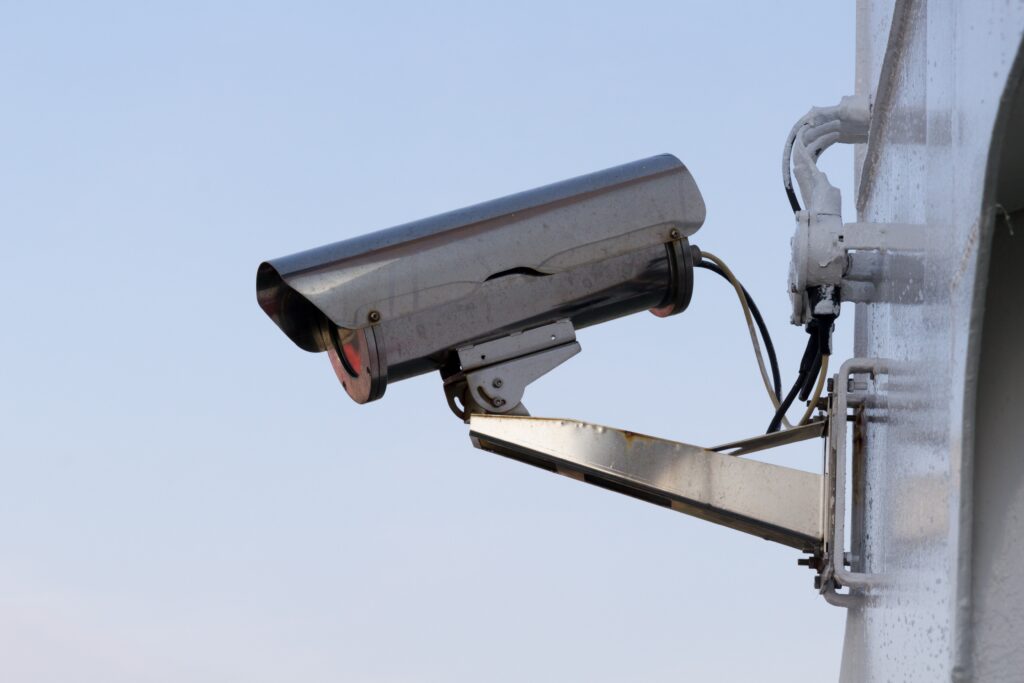
The underground churches — encompassing half the Catholics and the vast majority of the Protestants — reject CCP registration and control. Though they were openly tolerated by the government in recent decades, these churches are now being bulldozed and otherwise eradicated. Four major, internationally known underground Protestant churches are only a few examples of thousands that have been shut down: Early Rain Covenant Church in Chengdu, Zion Church and Shouwang Church in Beijing, and Rongguili Church in Guangzhou. At least five Catholic parishes have been shut down in Fujian. In October 2018, authorities damaged or destroyed two popular Catholic pilgrimage shrines, Our Lady of the Seven Sorrows in Shanxi and Our Lady of the Mountain in Guizhou.
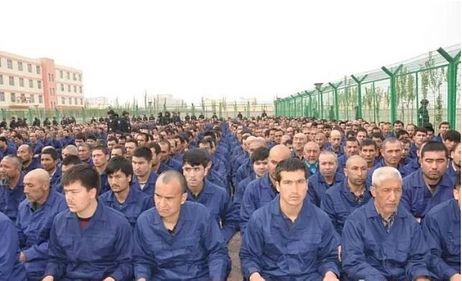
Underground leaders risk imprisonment, indefinite detention in secret centers, torture, brainwashing, social and economic marginalization and other punishments. While there is no evidence that Christians are subject to the mass detentions inflicted on the Uyghur Muslim and Falun Gong communities, underground Christian clergy, pastors and other leaders are singled out for such harsh treatment.
Many are punished by repeated indefinite detentions, without due process, where some, such as Catholic priest Father Huang Jintong, report being tortured and subjected to forced indoctrination.
Catholic clergy who refused to register with the Patriotic Catholic Church have cited the pledge they must sign to do this as a major impediment. The Patriotic pledge requires them to swear “independence” from papal authority and teaching. Cardinal Zen has condemned this pledge as a form of “apostasy.” In mid-2019, the Vatican issued guidelines for conscientious objectors to the pledge, but they were rejected by the Patriotic Church.
A number of Catholic clergy who resist joining the Patriotic Church often after suffering repeated detentions and indoctrination, have left their ministries in defeat. One prominent case is Fujian Catholic Bishop Vincent Guo Xijin of Mindong, who in 2018 was demoted to the position of auxiliary bishop, to make way for a bishop preferred by the government.
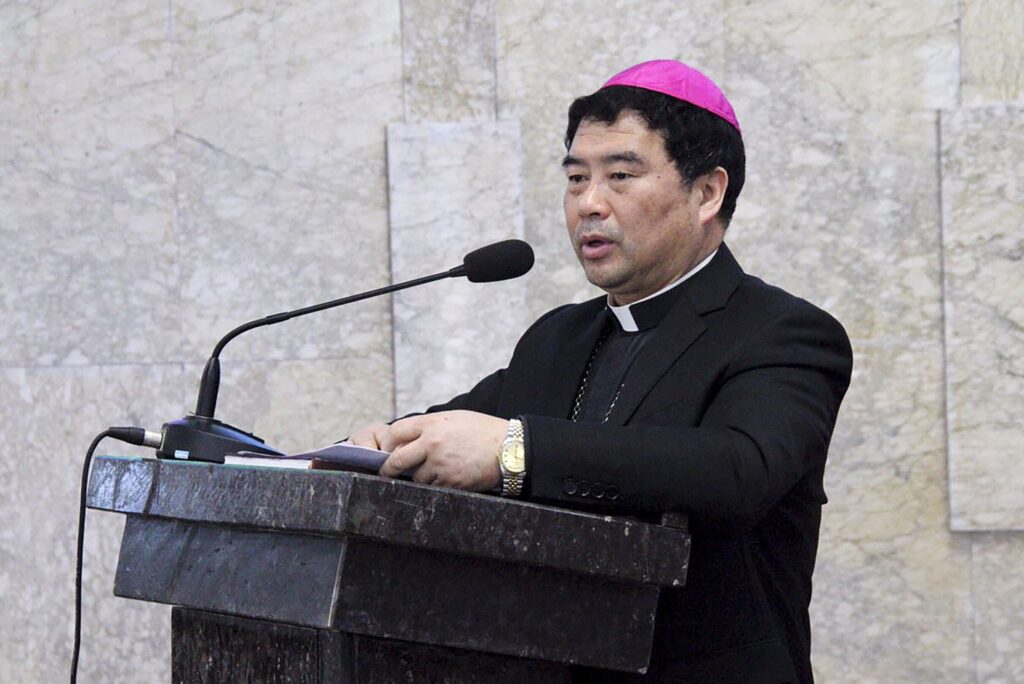
He was evicted from his home on January 15, 2020, the day that China initiated its highest-level emergency response to the coronavirus. The 61-year- old prelate was forced to sleep on the doorstep of the church administrative building. After international criticism, he regained access to his apartment, but its utilities were shut off. Under constant government pressure, he found it impossible to carry out his episcopal ministry and returned to his family’s home in 2020.
At least three other prominent underground Catholic leaders are suffering long periods of detention without due process, while two Protestant pastors were tried and are serving lengthy prison sentences. Read their cases here.
Catholicism and Protestantism, though among China’s five state-recognized religions, are viewed with hostility by the CCP as “Western influences.” In fact, Catholicism was introduced to the country by the 16th century priest Matteo Ricci and the Protestant Church became firmly rooted in 19th century. As the CCP wages a broad war against religion, wielding an iron fist and sophisticated technology in equal measure, it raises the question: Will these churches will be able to survive the current century? It may depend on the response of those of us who have religious freedom.
